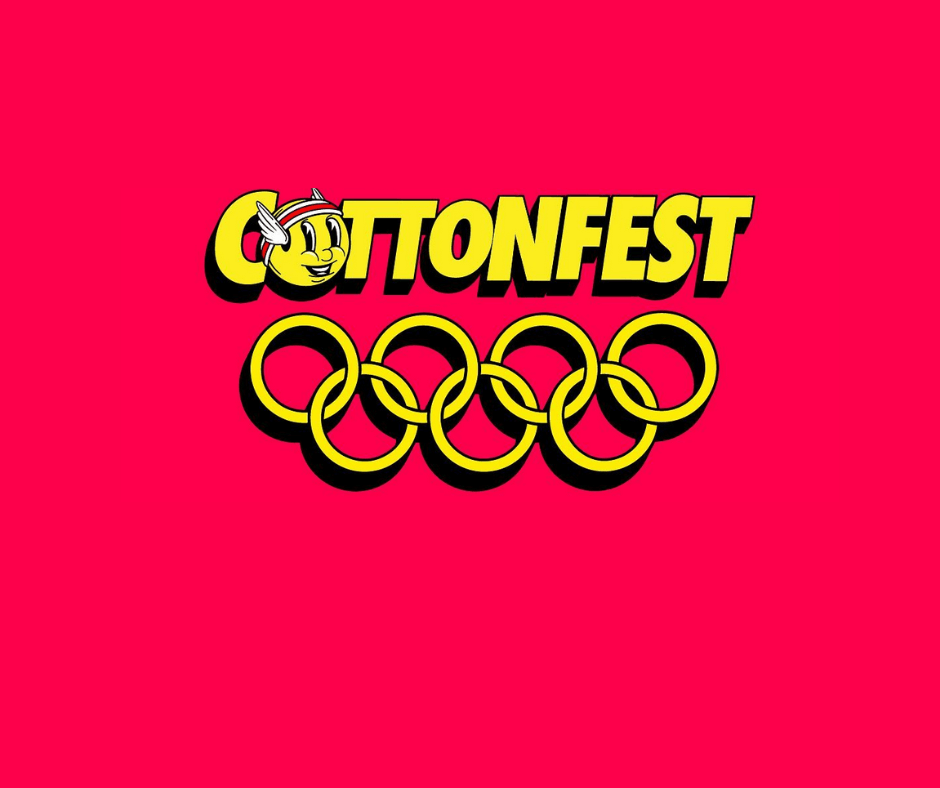The Excitement and Challenges of Hosting Polo Events
What is Polo?
Polo is a sport that has been played for centuries and is enjoyed by people all over the world. It is a …

What is Polo?
Polo is a sport that has been played for centuries and is enjoyed by people all over the world. It is a game that requires skill, strength, and precision and is often considered a sport of the elite due to its high cost and the expensive equipment required to play. Polo events are an essential aspect of the sport, providing players with a platform to showcase their talents and spectators with a chance to witness the excitement of the game.
Polo Events
Polo events are an essential part of the sport, providing players with an opportunity to compete against each other and spectators with a chance to watch a thrilling game. Polo events can take many forms, from local club games to high-profile international tournaments such as the Cartier Queen's Cup and the Argentine Open.
Furthermore, polo events have significant social and cultural importance. They provide opportunities for networking, socializing, and building relationships, not only within the polo community but also beyond it. Polo events often attract an affluent and influential crowd, which can lead to new business opportunities, partnerships, and collaborations.
The Structure of Polo Events
Polo events can take various forms, ranging from small local games to high-profile international tournaments. The structure of these events may differ depending on the level of competition, the number of players, and the location of the event.
In general, polo events consist of two teams of four players each, riding on horseback and using mallets to hit a ball across a field. The objective of the game is to score goals by hitting the ball through the opposing team's goalposts.
The rules of polo events are regulated by national and international organizations, such as the Federation of International Polo (FIP) and the United States Polo Association (USPA). These organizations oversee the safety of the players, regulate the equipment used, and ensure that the rules of the game are followed.
Umpires and referees are responsible for enforcing the rules of the game during polo events. They ensure that the players follow the rules and maintain fair play throughout the game. They also monitor the safety of the players and horses and may stop the game in case of any injuries or safety concerns.
The role of players in polo events is to use their skills, strategy, and teamwork to score goals and win the game. The four players in each team have different roles and responsibilities, such as attacking, defending, and controlling the ball. The players need to work together to outmanoeuvre the opposing team and score as many goals as possible.
Benefits of Polo Events
Polo events are not just about the sport itself but also about the social and cultural significance that comes with it. Polo has long been associated with the elite, and polo events provide opportunities for networking, socializing, and building relationships.
Polo events often attract an affluent and influential crowd, including celebrities, politicians, and business leaders. These events provide a platform for people to connect and establish relationships beyond the sport. It is not uncommon for business deals, partnerships, and collaborations to emerge from these events.
Beyond business opportunities, polo events also have significant cultural importance. They showcase the unique traditions, customs, and lifestyles associated with the sport. Polo events often include cultural performances, food and drink, and fashion shows, all of which contribute to the overall experience and atmosphere of the event.
In addition, polo events have a philanthropic aspect, with many events raising money for charities and social causes. Polo players and enthusiasts often support various charitable organizations and use polo events as a means to raise awareness and funds for these causes.
Challenges of Hosting Polo Events
Hosting polo events can be a challenging task, as it requires extensive planning, coordination, and resources. Here are some of the main challenges that organizers may face when hosting polo events:
-
High costs: Polo events can be expensive to organize, requiring significant financial resources for things like venue rental, horse care, player fees, and event promotion. This can be especially challenging for smaller clubs or organizations that may have limited budgets.
-
Venue selection: Finding an appropriate venue for a polo event can be difficult, as it requires a large open field and other necessary amenities like stables and parking areas. Additionally, the venue should be easily accessible to the players and spectators.
-
Horse welfare: The welfare of horses used in polo events is of utmost importance, and ensuring their safety and well-being can be a challenge. Horses require specialized care and training, and organizers need to ensure that proper facilities and resources are available to meet their needs.
-
Logistics and coordination: Polo events involve a lot of moving parts, and it can be challenging to coordinate everything from player transportation and accommodation to event logistics like security and parking. Organizers need to ensure that everything runs smoothly and that everyone involved, including players, officials, and volunteers, is on the same page.
-
Weather conditions: Weather can be unpredictable, and it can have a significant impact on the success of a polo event. Extreme heat, rain, or wind can affect the players, horses, and spectators, and organizers need to have contingency plans in place to handle any adverse weather conditions.
-
Promotion and audience engagement: Promoting polo events and engaging audiences can be a challenge, especially for clubs or organizations that may not have extensive marketing resources. Effective promotion and audience engagement are crucial to the success of a polo event, as they help to attract sponsors, players, and spectators.
Polo events in South Africa
Polo events have a rich history in South Africa, dating back to the early 1900s. The sport has a dedicated following in the country, with several polo clubs and organizations hosting regular events throughout the year.
One of the most prestigious polo events in South Africa is the Veuve Clicquot Masters Polo. Held annually in Johannesburg, the event attracts a glamorous crowd of celebrities, socialites, and polo enthusiasts. The event features high-level polo matches, as well as fashion shows, gourmet food, and champagne tastings.
Other popular polo events in South Africa include the Cell C Inanda Africa Cup, the BMW International Polo Series, and the Cintron Pink Polo. These events attract top polo players from around the world, as well as a large local and international audience.
In addition to these high-profile events, there are also many smaller-scale polo events held throughout the country. These events provide an opportunity for local players to compete and showcase their skills, as well as for spectators to experience the sport in a more intimate setting.
One unique aspect of polo events in South Africa is the focus on promoting social and environmental causes. Many polo events in the country are held to raise funds and awareness for various charities and social causes. For example, the Cintron Pink Polo event is held to support breast cancer awareness, while the Cell C Inanda Africa Cup raises funds for education and development programs in Africa.
Another notable aspect of polo events in South Africa is the emphasis on promoting diversity and inclusion. Polo organizations in the country are actively working to make the sport more accessible to people from different backgrounds and to promote diversity in the sport.
If you are considering organizing a polo event in South Africa, then Vibin can be an excellent event ticketing partner to help you manage your ticket sales.



